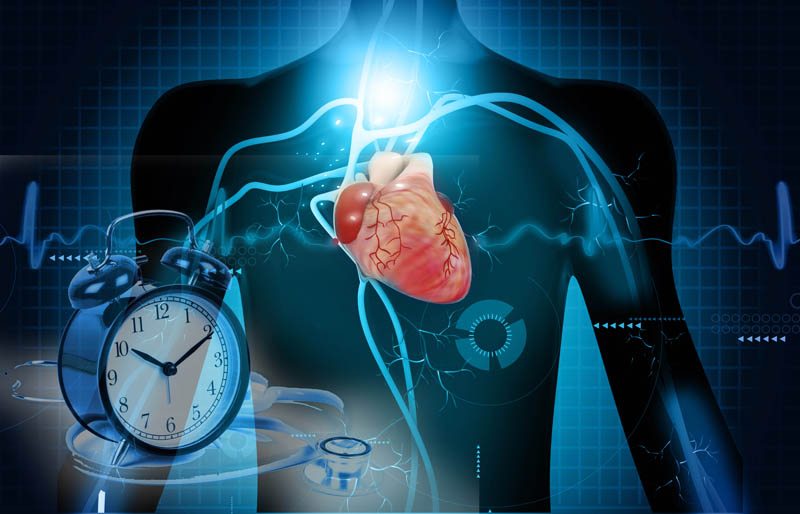

It’s critical to have your ears cleaned carefully by a professional. It is essential to understand that ear wax buildup is not caused by poor hygiene and cannot be avoided by washing alone.Įar pain, ear pressure, dry cough, dizziness, and ringing in the ears. But sometimes, it can build up and cover the eardrum. Our body creates ear wax to protect our ears from infections. The Temporomandibular Joint, where the upper and lower jawbones connect, is a complex joint with complicated movements and is vulnerable to strain and injury.ĭizziness, limited jaw movement, and clicking sounds when moving the jaw, chronic headaches, pain in the jaw and teeth, tightness, and pain at the back of the neck.

TMJ dysfunction disorder is an issue that affects the movement of the jaw. Temporomandibular Joint, or TMJ Dysfunction Disorder Although Meniere’s disease cannot be cured, it can be managed through various means such as medication to alleviate motion sickness and nausea, utilization of hearing aids, and in certain situations, surgery. Typically this condition will only affect one ear, and its symptoms can be unpredictable, appearing and disappearing without warning. Ringing in the ears, severe dizziness (vertigo), ear and sinus pressure, nausea, and fainting episodes if left untreated, Meniere’s disease can cause severe and permanent hearing loss and balance issues.

Several conditions can cause Meniere’s disease, including autoimmune disorders, allergic reactions, other illnesses, or hereditary conditions. Meniere’s disease is a condition affecting the inner ear that leads to decreased fluid levels, impacting one’s sense of balance. The most common conditions associated with pulsatile tinnitus are: Meniere’s Disease Hearing a heartbeat sound in your ear may be concerning, especially if you do not know the reason behind it. Pulsatile Tinnitus: Why Am I Hearing a Heartbeat Sound in My Ear? To learn more about the causes and treatments available, continue reading below. To rule out other conditions, you may also have imaging (such as an MRI of the head and neck), CT scan, or an MRA to examine the arteries.A thumping sound in your ears, also known as pulsatile tinnitus, can be caused by numerous issues, many of which can also affect your balance and hearing. The doctor will also look at your blood pressure, which can also affect tinnitus. For example, they may use a stethoscope to listen to areas on the neck and skull. Depending on the doctor you see, the exam may involve examining the ears, sinuses, and neck, in addition to overall health. If you have pulsatile tinnitus, it’s always best to have a doctor evaluate your symptoms. Additionally, high blood pressure means greater force as the blood travels through the vessels, resulting in an audible pulsing sound. Some individuals are more prone to pulsatile tinnitus due to their anatomy, such as the proximity of veins in relation to the ear.

The tangled veins and arteries in and around the sinus area lend themselves, particularly to this effect. As the blood is sent through your veins and arteries with more force, the result is a pulsing sound that may follow your heartbeat. High blood pressure can cause tinnitus because it increases blood flow force through your veins and arteries, including those around your head, sinuses, and ears. How does high blood pressure cause tinnitus? For example, it increases the risk of cardiovascular diseases such as strokes and cardiovascular events. This increased force on the vascular system has negative health consequences. It occurs when the force exerted by the heart on your arteries increases beyond normal levels. How does high blood pressure affect the body? High blood pressure (HBP) is a medical condition characterized by increased force at which blood flows through your arteries and veins. It is considered high blood pressure when elevated above these levels (e.g., 130/80). What is high blood pressure?Ī normal blood pressure reading is 120/80 or below. The second number is diastolic blood pressure, which measures the pressure between heartbeats when the heart is relaxed. The first number is systolic blood pressure, which measures the pressure when your heart contracts to pump out blood. Blood pressure is measured in millimeters of mercury (mmHg) and is written as two numbers, such as 120/80 mmHg.


 0 kommentar(er)
0 kommentar(er)
